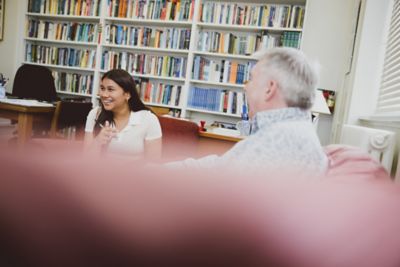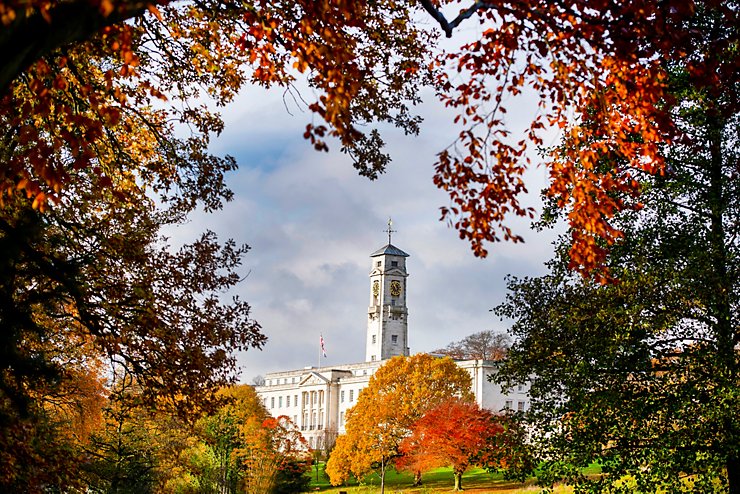You will be taught using a variety of methods, including:
- seminars
- lectures
- workshops
- group tutorials
Staff also offer individual consultations for one-to-one discussion about your work and progress. Whether by giving feedback on essay drafts or discussing the results of an assessment, we are here to help you work to the best of your ability.
Assessment types vary, depending on your course, but could include:
- commentary
- dissertation
- essay
- portfolio (written/digital)
- presentation
- written exam



















